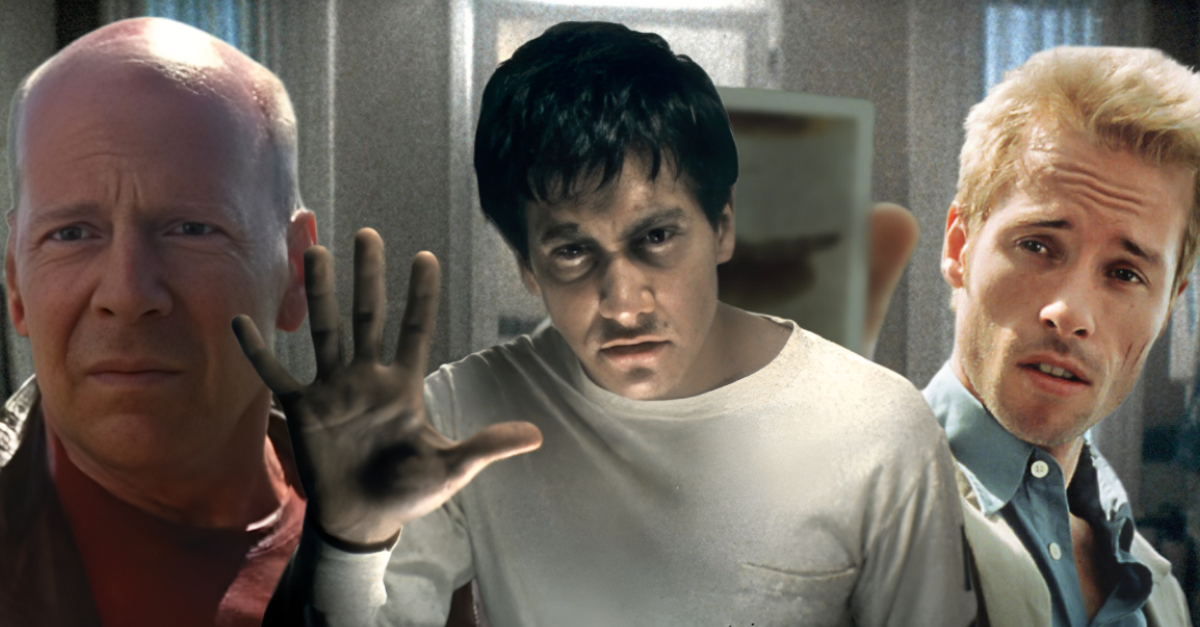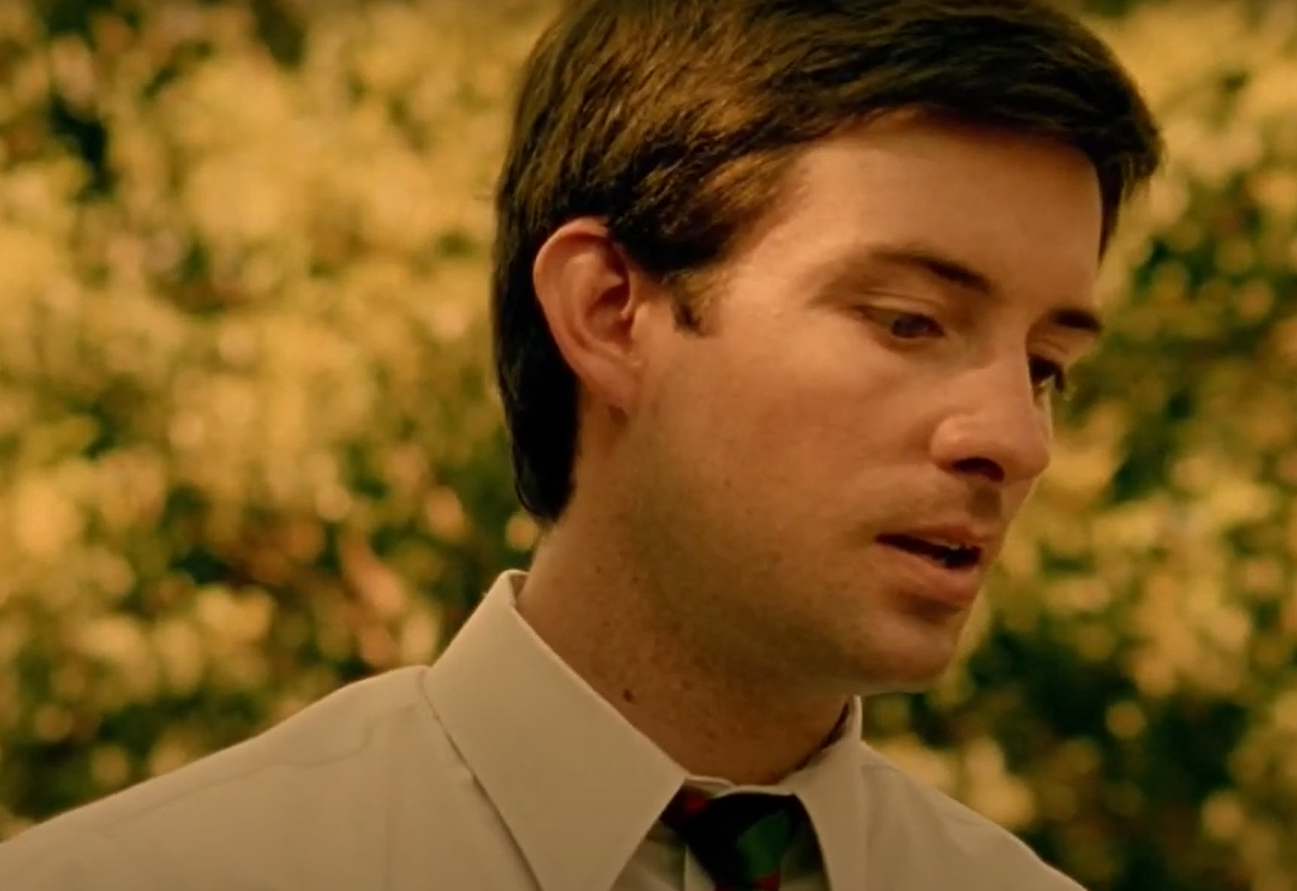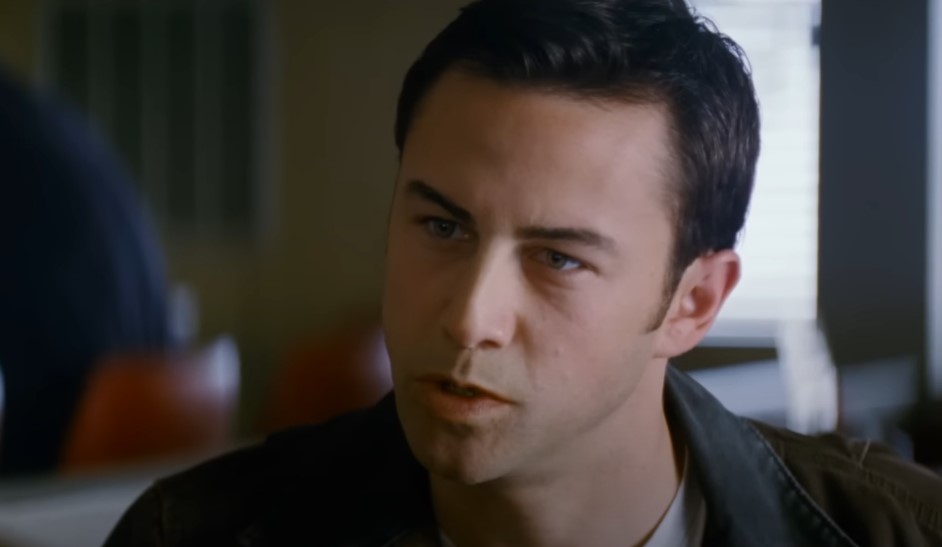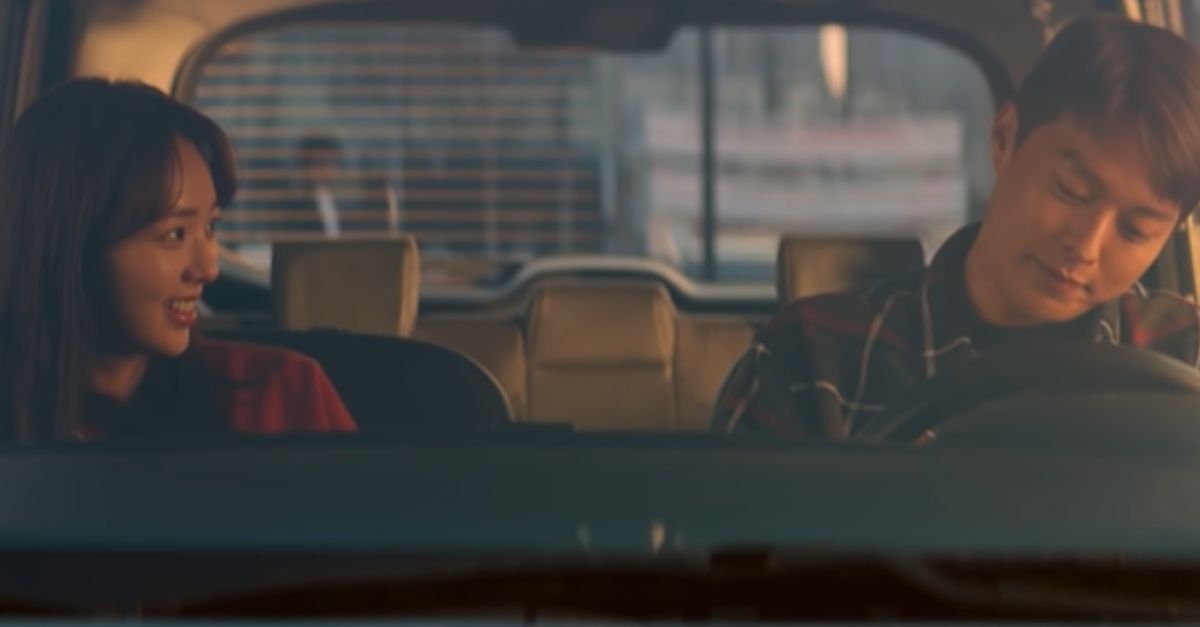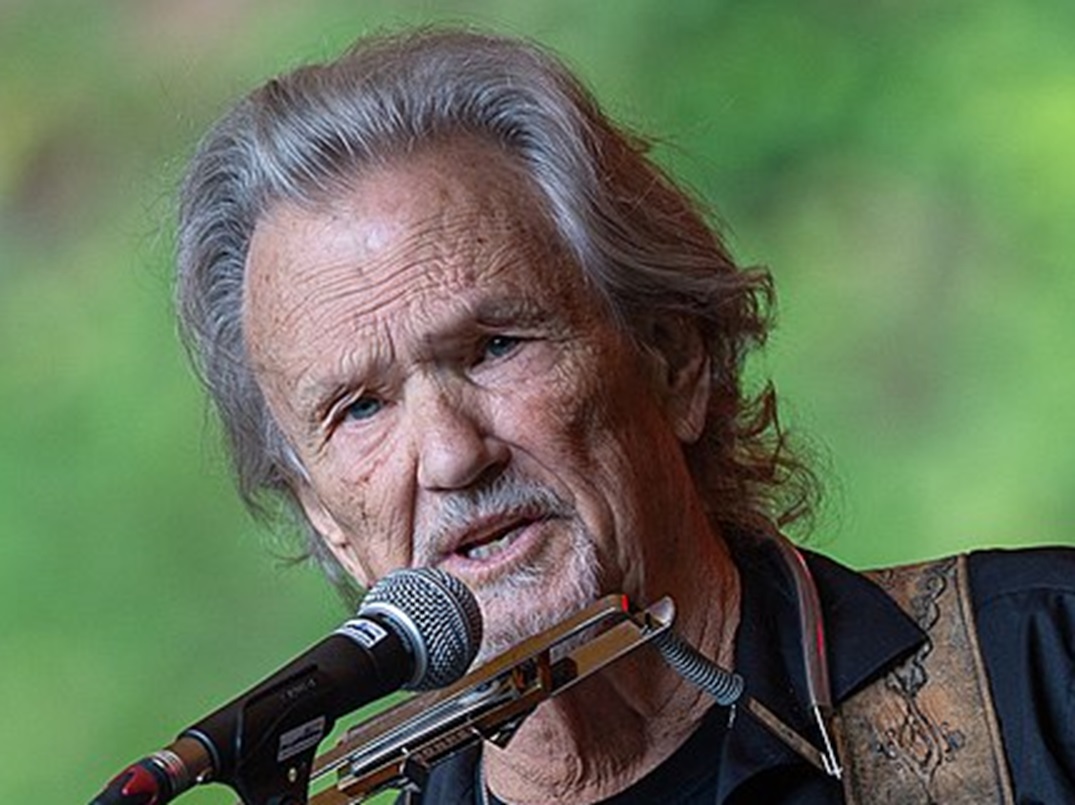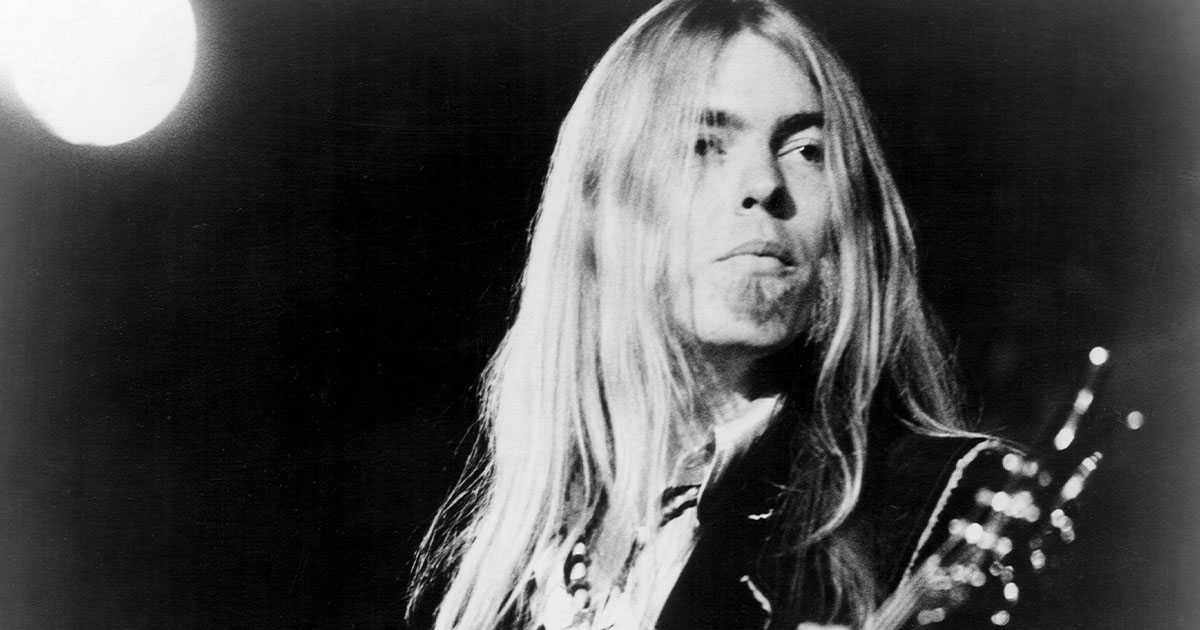Chronologically Challenged: A Cinematic Time Warp
Some movies love to mess with your mind—and we're not simply talking twist endings here. We’re talking twist beginnings, middles and ends.
From overlapping timelines and paradoxes to nonlinear narratives, these films dare you to keep up. Whether it’s time travel gone rogue or stories told in reverse, these movies have left fans debating Reddit threads and drawing whiteboard diagrams for years.
So buckle up for the most confusing movie timelines ever, one brain-bending film at a time.
"Tenet" (2020)
Christopher Nolan’s Tenet doesn’t just play with time—it wrestles it into a headlock. With its “inversion” concept, where objects and people move backward through time, you basically need a physics degree to fully grasp what's going on.
Events are mirrored, characters interact with reversed versions of themselves, and the plot demands multiple viewings (and a flowchart) to decode. It’s intentionally disorienting, which is exactly what makes it fascinating.
 TENET - Final Trailer by Warner Bros.
TENET - Final Trailer by Warner Bros.
"Primer" (2004)
Made on a shoestring budget but brimming with ambition, Primer is a cult classic in time travel cinema. The film follows two engineers who stumble upon a method of traveling back in time, but things get messy fast. Timelines loop, duplicate versions of characters appear, and there are more paradoxes than lines of dialogue. Even hardcore sci-fi fans admit: you’ll need a notebook and maybe a second viewing—or five.
"Donnie Darko" (2001)
Donnie Darko blends psychological thriller with sci-fi and throws in a doomsday bunny for good measure. The movie’s “Tangent Universe” theory and manipulation of time make for a deeply layered story where cause and effect get blurry.
By the end, viewers are left wondering what was real, what was imagined, and how time actually works in Donnie’s eerie suburban world.
 Donnie Darko - TRAILER (2001) [HD], AMBI Distribution
Donnie Darko - TRAILER (2001) [HD], AMBI Distribution
"Interstellar" (2014)
Another Nolan entry (and it won't be the last), Interstellar takes you across galaxies and dimensions—then back again, kind of. The film’s use of relativity means that time passes differently on various planets, leading to heartbreaking and brain-bending consequences. Add in the fifth-dimensional “tesseract” scene and a bootstrap paradox, and it’s no wonder audiences walked out awed and slightly confused.
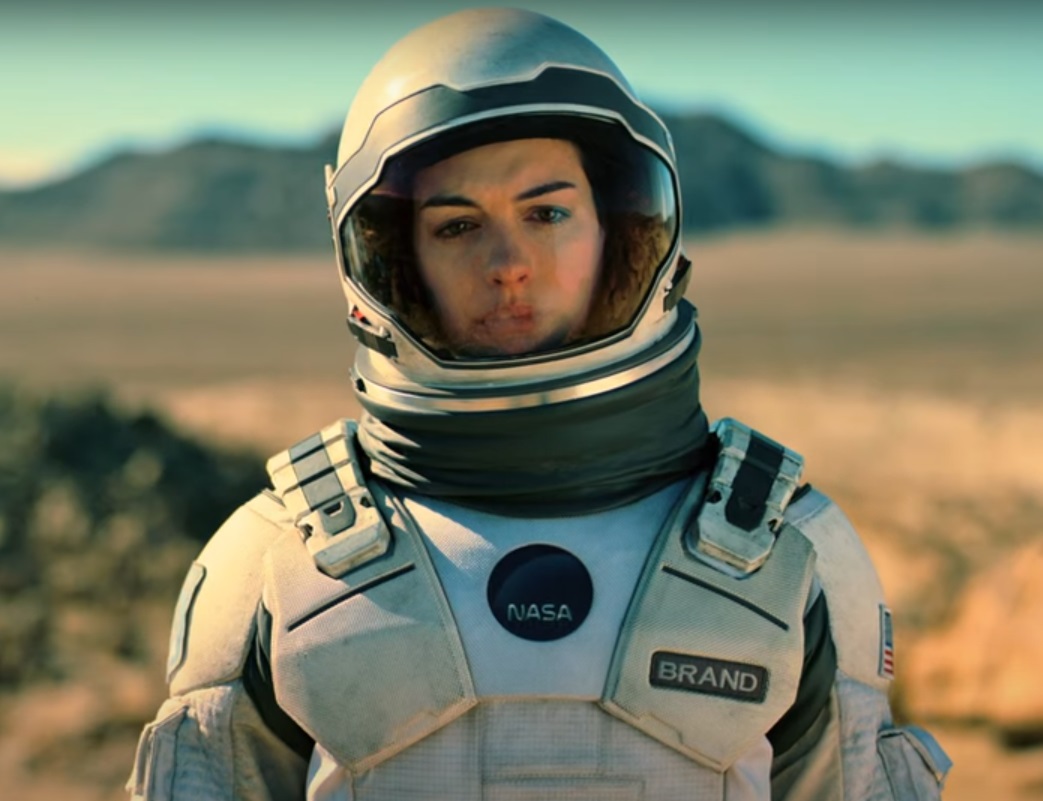 Paramount, Interstellar (2014)
Paramount, Interstellar (2014)
"Cloud Atlas" (2012)
Cloud Atlas spans centuries and multiple reincarnated characters, all played by the same ensemble cast. The story is told non-linearly, jumping across six timelines, from the 19th century to a distant post-apocalyptic future. Themes echo across eras, and clues connect the timelines in subtle (and sometimes frustratingly opaque) ways. It's a visual and intellectual puzzle box.
 The Mind-Blowing Truth about Reincarnation in "Cloud Atlas" by Spirit Science
The Mind-Blowing Truth about Reincarnation in "Cloud Atlas" by Spirit Science
"Memento" (2000)
Back to Nolan again...Told in reverse, Memento puts you inside the mind of its protagonist, Leonard, who suffers from short-term memory loss. The narrative unfolds backwards, scene by scene, so viewers are as confused and disoriented as Leonard himself. By the end (or beginning?), it becomes clear: Memento isn’t just about memory—it’s about how we construct truth.
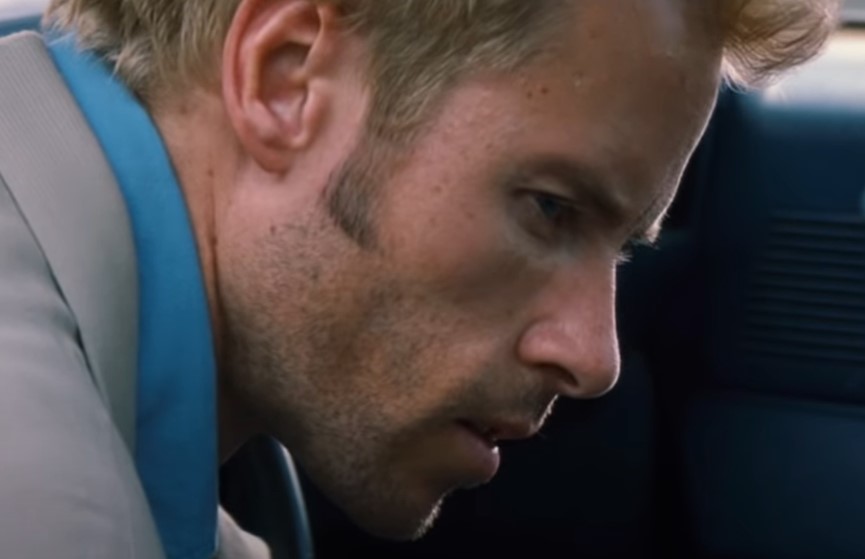 Newmarket Capital Group, Memento (2000)
Newmarket Capital Group, Memento (2000)
"Predestination" (2014)
Predestination is the kind of movie that makes your brain cramp in the best way. Based on a Robert A. Heinlein short story, the film explores identity, paradox, and time travel in mind-boggling fashion. Its central twist reveals a character who is their own mother, father, and child. Yes, really. Don’t try to untangle it—just enjoy the paradox.
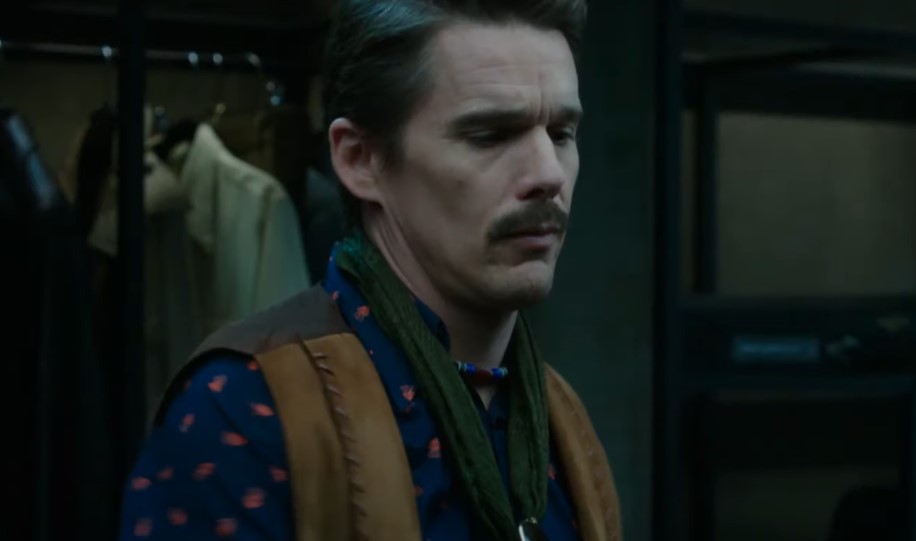 Screen Australia, Predestination (2014)
Screen Australia, Predestination (2014)
"The Butterfly Effect" (2004)
Ashton Kutcher’s The Butterfly Effect explores how even the smallest change in the past can drastically alter the future. The protagonist travels back repeatedly, trying to “fix” things, but every attempt has increasingly disastrous outcomes. The timeline gets tangled in increasingly dark knots, and viewers are left questioning whether fate is better left untouched.
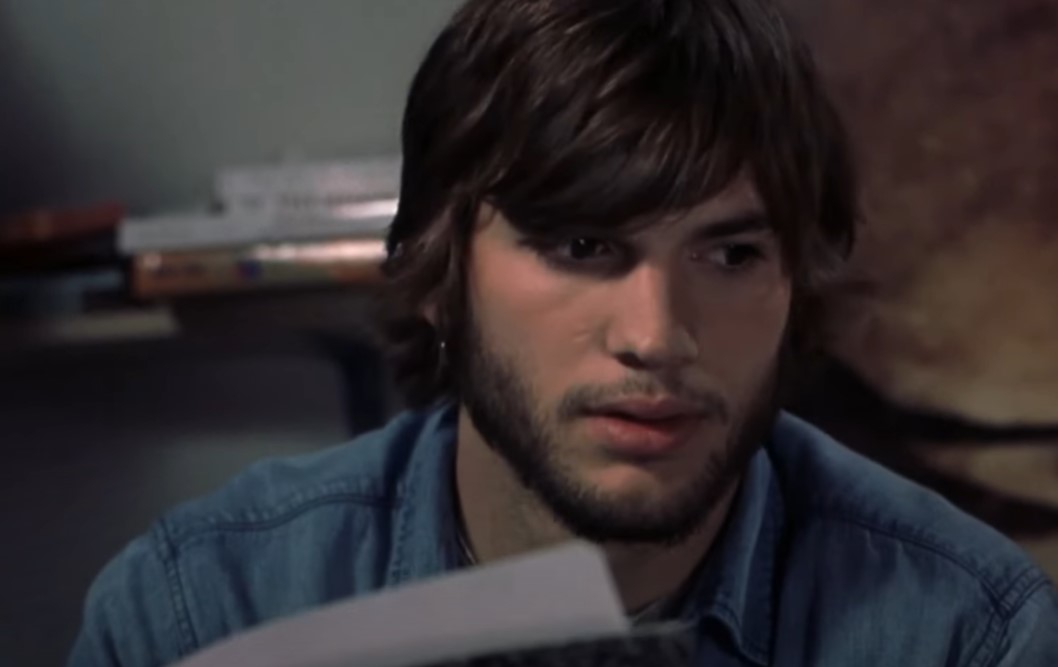 BenderSpink, The Butterfly Effect (2004)
BenderSpink, The Butterfly Effect (2004)
"Coherence" (2013)
During a dinner party, a comet passes by Earth—and reality splinters. Coherence is a low-budget indie thriller that creates massive tension and confusion with minimal effects. The characters begin hopping between alternate versions of reality, all slightly (or majorly) different from their own. It’s a multiverse mind-melt in a single house.
 Ugly Duckling Films, Coherence (2013)
Ugly Duckling Films, Coherence (2013)
"The Fountain" (2006)
Darren Aronofsky’s The Fountain weaves three stories across time: a 16th-century conquistador, a modern-day doctor, and a space-traveling monk in the future—all possibly the same person. Themes of mortality, love, and rebirth blend into a surreal, dreamlike narrative that defies traditional structure. Trying to parse the timeline may miss the point, but it’s still fun to try.
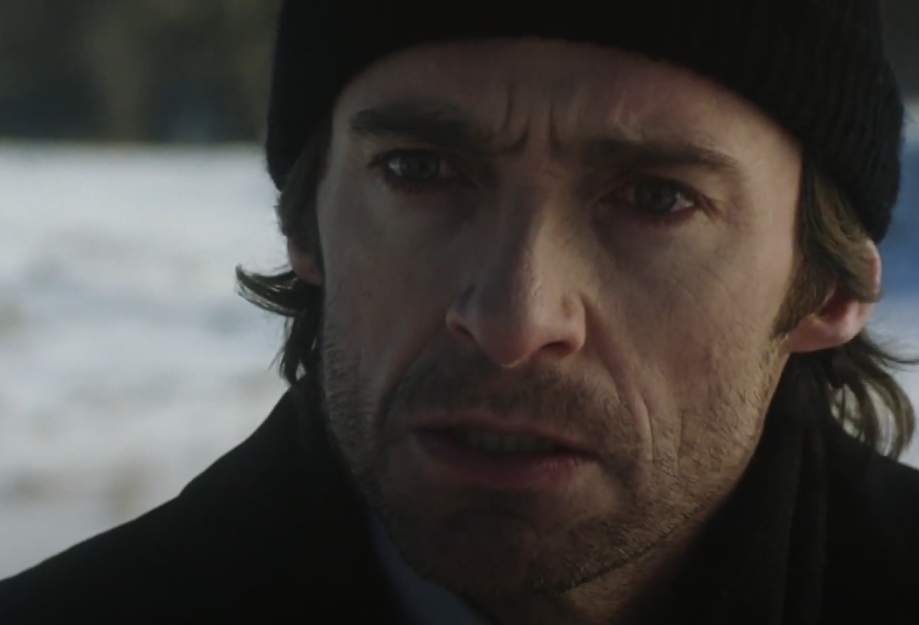 Warner Bros., The Fountain (2006)
Warner Bros., The Fountain (2006)
"Looper" (2012)
In Looper, time travel is used by criminals to send people back in time to be executed. But what happens when a “looper” is assigned to kill his future self? You get paradoxes galore, a young telekinetic kid, and a timeline that bends over backwards. Even the characters admit the logic is messy—so just roll with it.
And for more loops...
"Timecrimes" (2007)
This Spanish-language sci-fi thriller is a tightly wound loop of cause and effect. A man stumbles into a time machine and inadvertently causes a series of events—including violence—that he must then try to undo. Each loop adds another layer of chaos, making it one of the most elegant yet dizzying time-travel films out there.
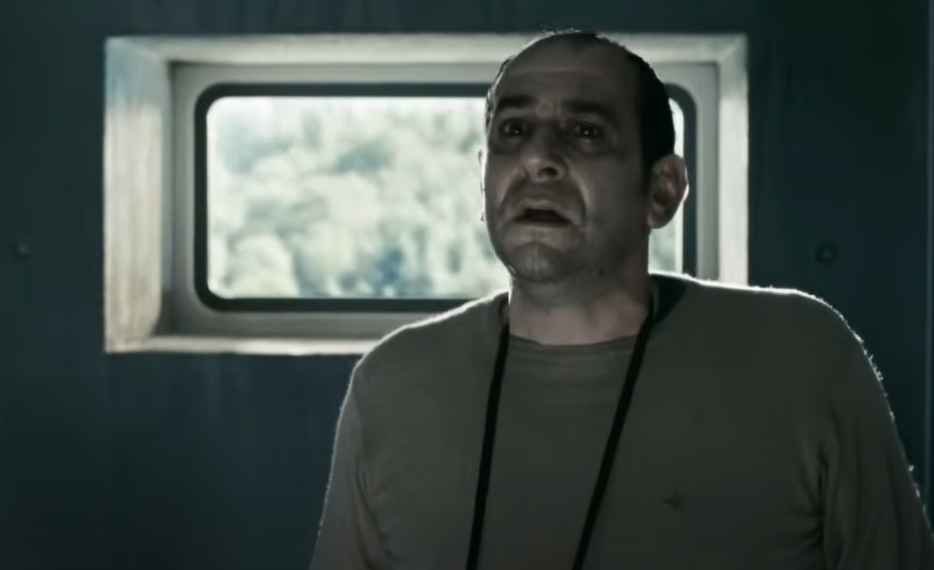 Karbo Vantas Entertainment, Timecrimes (2007)
Karbo Vantas Entertainment, Timecrimes (2007)
"Southland Tales" (2006)
From the director of Donnie Darko comes this sprawling, postmodern dystopian saga that’s part musical, part satire, part sci-fi fever dream. The film throws timelines, alternate realities, and prophetic visions into a blender—then hits purée. Dwayne “The Rock” Johnson plays an amnesiac action star, which somehow is not the weirdest part. It’s confusing on purpose. Probably.
 Southland Tales Original Trailer ( Richard Kelly, 2006), Arrow Video
Southland Tales Original Trailer ( Richard Kelly, 2006), Arrow Video
"Inland Empire" (2006)
David Lynch’s Inland Empire abandons linear storytelling altogether. The film follows an actress whose life and identity blur with her role in a cursed production. Timelines fracture, realities overlap, and logic becomes irrelevant. It’s more about mood and intuition than plot. If you come out knowing what happened, congrats—you may be David Lynch himself.
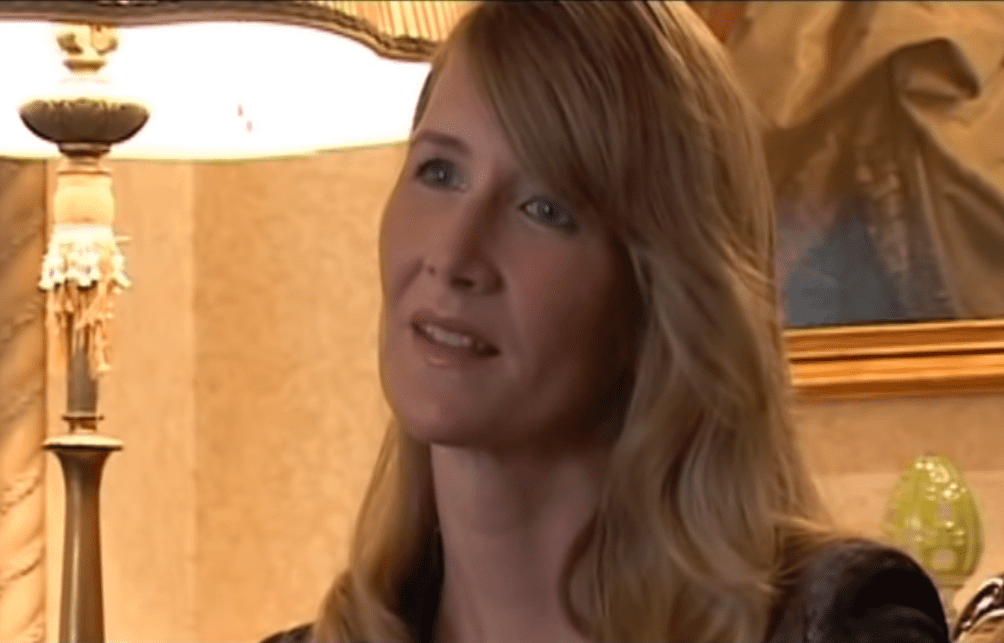 Inland Empire (2006), StudioCanal
Inland Empire (2006), StudioCanal
"The Tree of Life" (2011)
Terrence Malick’s philosophical epic is more poetic than narrative, blending the birth of the universe, a boy’s upbringing in 1950s Texas, and abstract images of the afterlife. The timeline hops without warning, evoking emotion over explanation. The result is a meditative experience that many found beautiful—and others baffling.
 River Road, The Tree of Life (2011)
River Road, The Tree of Life (2011)
"Shutter Island" (2010)
Martin Scorsese’s psychological thriller seems straightforward—until the rug is pulled. As a U.S. Marshal investigates a mysterious disappearance at an asylum, reality begins to unravel. Clues hint at a different timeline than the one Teddy Daniels thinks he’s living. The final reveal reframes the entire story and leaves audiences questioning what was real.
 Shutter Island (8/8) Movie CLIP - Live as a Monster or Die as a Good Man (2010) HD by Movieclips
Shutter Island (8/8) Movie CLIP - Live as a Monster or Die as a Good Man (2010) HD by Movieclips
"Source Code" (2011)
In Source Code, a soldier repeatedly relives the same eight minutes on a train to find a bomber. But the more he loops, the more the rules seem to change—hinting at alternate realities or maybe a deeper layer of reality itself. With each iteration, the timeline shifts just enough to keep you guessing.
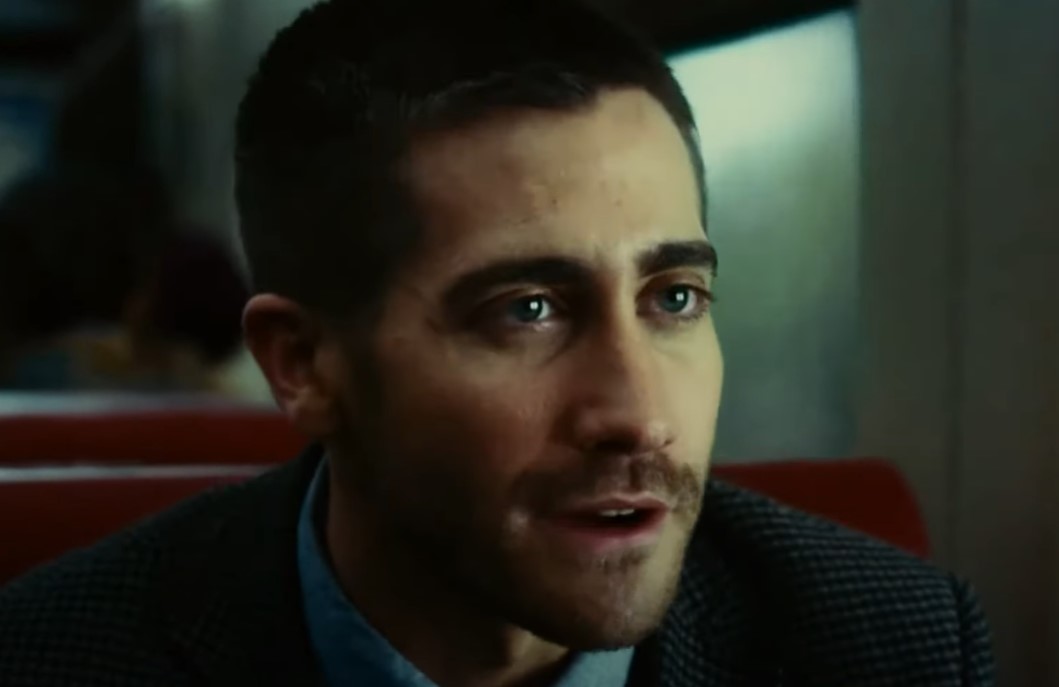 Vendome Pictures, Source Code (2011)
Vendome Pictures, Source Code (2011)
"Mulholland Drive" (2001)
Another David Lynch mind-bender, Mulholland Drive begins as a straightforward Hollywood mystery—then dissolves into surrealism and dream logic. Halfway through, the story resets with characters switching identities and timelines morphing into metaphor. Fans still debate the “correct” interpretation, but clarity was never the point. It’s more vibe than verdict.
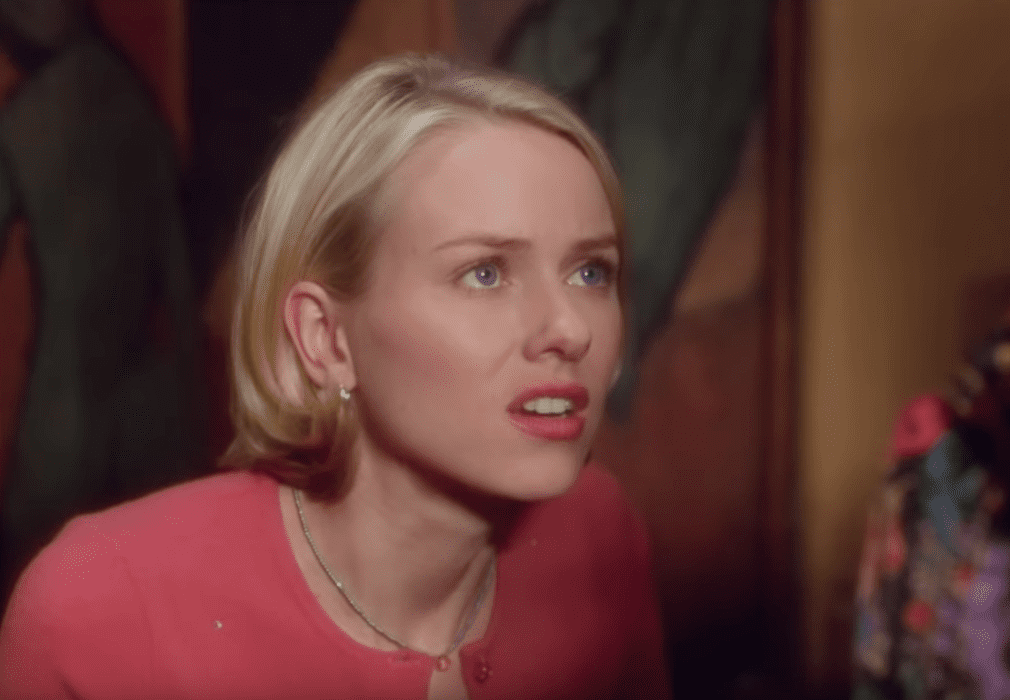 Mulholland Drive (2001), Canal+
Mulholland Drive (2001), Canal+
"Triangle" (2009)
A yacht caught in a time loop? Check. A deserted cruise ship with eerie déjà vu? Double check. Triangle turns into a spiraling nightmare as the protagonist relives increasingly violent versions of events—each time with more knowledge, and more guilt. The timeline folds in on itself like an origami of doom.
 Triangle (2009) Trailer, Smeagol
Triangle (2009) Trailer, Smeagol
You Might Also Like:
The Most Mind-Bending Psychological Thrillers Of All Time
The Most Satisfying Movie Endings
The Most Infuriating Movie Endings That Made Fans Lose Their Minds

